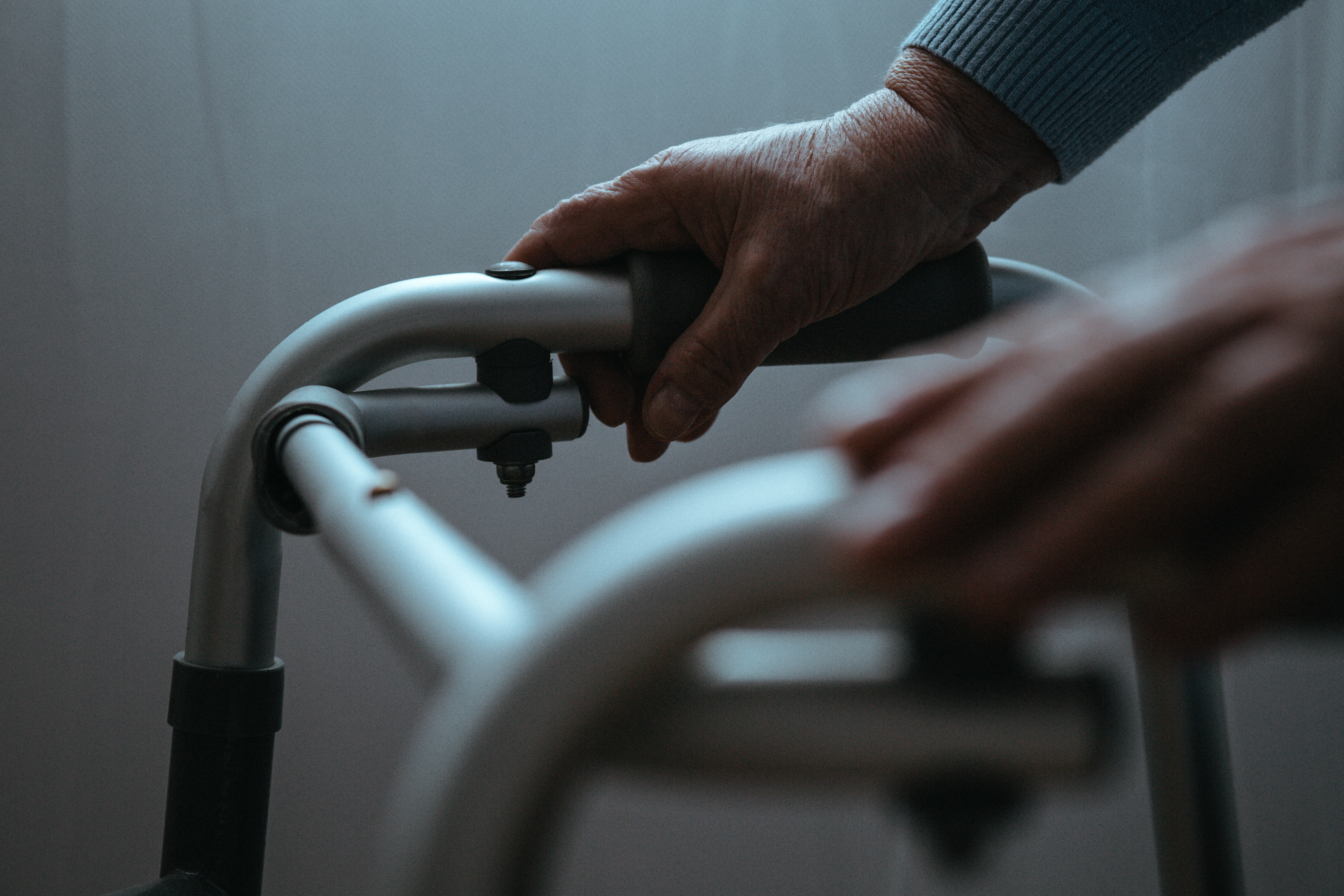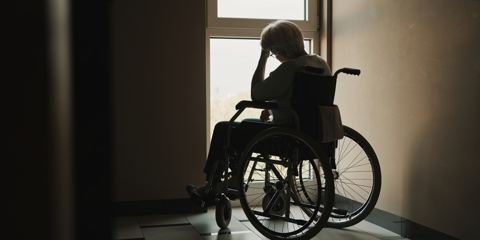We are taught to respect our elders. Unfortunately, though, many older people are abused by caregivers.
Elder abuse is a major issue. It is more common than you might think. As many as 5 million elderly Americans are abused every year. One in 10 Americans over the age of 60 has experienced abuse at some point.
When you think of elder abuse, you may imagine abuse by nursing home staff. However, it is more common for elderly people to be abused by loved ones, which may come as a surprise. In fact, most of the abusers are spouses or adult children.
Any elderly person can be a victim of abuse. However, those with cognitive impairments, such as dementia or Alzheimer’s disease, face a higher risk. So do those who are physically disabled. Elder abuse can happen in many environments, including a family member's house, an assisted living facility, or a nursing home.
There are seven main forms of elder abuse. Here is a look at them in more detail-
1. Physical Abuse
Physical abuse refers to harming an elderly person through the use of intentional force. It includes hitting, punching, kicking, shoving, or physically restraining an older person.
Signs of physical abuse include cuts, broken bones, bruises, burns, sprains, dislocated joints, and head injuries. These injuries may require hospitalization and extensive treatment.
2. Emotional Abuse
Emotional abuse, also known as psychological abuse, is the most common form of abuse perpetrated on the elderly. It refers to verbal abuse and other actions that inflict mental pain and distress on a patient. For example, saying hurtful words, yelling, threatening, or repeatedly ignoring the patient are forms of emotional abuse. Isolating that person and keeping them from seeing close friends and relatives is another form of emotional abuse.
Emotional abuse can go hand in hand with other forms of abuse. Signs of abuse include appearing depressed or scared, avoiding eye contact, changes in eating or sleeping patterns, low self-esteem, mood swings, and changes in behavior or personality.
3. Sexual Abuse
This may come as a shock, but the elderly are sexually abused at high rates. Sexual abuse refers to any type of sexual activity with an elderly person without their consent. Note that those with cognitive issues cannot give consent. Sexual abuse may include groping, touching of the breasts and genitals, and penetration.
Signs of sexual abuse may include bleeding or pain in the anus or genitals, bruised genitals or inner thighs, sexually transmitted diseases or infections (STDs/STIs), and pelvic injuries.
4. Financial Abuse
Older people tend to have a significant amount of savings, so people tend to be drawn to what the patient may have in their bank account. Financial abuse refers to the illegal or unauthorized use of an older individual’s money and other resources. Anyone can commit financial abuse, including nursing home staff, family, or even strangers. When an elderly person lacks an understanding of their own financial situation, they are more likely to be abused.
Do you think someone is committing financial abuse against your loved one? Look for the signs, which include missing belongings, bank statements that are redirected to someone else, changes to the older person’s power of attorney, unpaid bills, and unauthorized withdrawals.
5. Neglect
Elder neglect is different from abuse in that it is often unintentional. Neglect occurs when a person’s needs are not being met. It tends to happen due to carelessness. Sometimes caregivers are busy and do not really focus too much on the health of the patient, which is a sad situation.
Elder neglect can be a life-threatening situation. A patient may not get the food, water, or medication they need, resulting in malnutrition, dehydration, and even death. Poor personal hygiene, dirty conditions, untreated injuries, infections, and weight loss are also signs that an elderly person is being neglected.
6. Self-Neglect
Sometimes neglect occurs and no caregiver is responsible. What happens is that an elderly person neglects themselves. They can no longer care for themselves, and they are too stubborn to seek help from a caregiver. Instead, they suffer in the name of independence. They may not be able to feed themselves. They may not be able to perform basic hygiene or put on clean clothes. The person may not be able to take care of their home or finances either. This is when family members need to be aware and step in to help their loved ones.
7. Abandonment
Abandonment is another type of neglect that can happen to elderly people. Their caregiver may leave them at a hospital or nursing home without any prior knowledge or arrangement. This can be a scary situation for a person with dementia or other cognitive impairment who does not know where they are.
In any case, abandonment puts a person’s health at risk. An elderly person who is alone and looks disheveled and frail with poor hygiene may have been abandoned.
What to Do if You Suspect Elder Abuse
Elder abuse needs to be taken seriously. If you suspect that your loved one may be a victim, do the following:
Call 911 in an emergency. Do this only if you are worried that an elderly person is in immediate danger.
Use available resources. If it is not an emergency, you should still report the abuse or neglect to the proper channels. Contact Adult Protective Services (APS), a nursing home ombudsman, or the police.
Check in with your loved one. Keep your loved one from becoming socially isolated. Check in with them regularly and look for any signs that they may be abused. Are there any changes to personality? Do they look thin or frail? Are there any unexplained bruises or other injuries? By being proactive, you can keep your loved one safe.
Contact Newman Law Group Today
Those over the age of 60 are abused at high rates. It is important to stop abuse, as it can have devastating consequences, such as physical harm, emotional harm, and even death.
If you suspect elder abuse against a loved one, call Newman Law Group, LLP today for caring and skilled attorneys who can answer your questions and help you obtain justice. Schedule a consultation today by calling (916) 352-3224.





